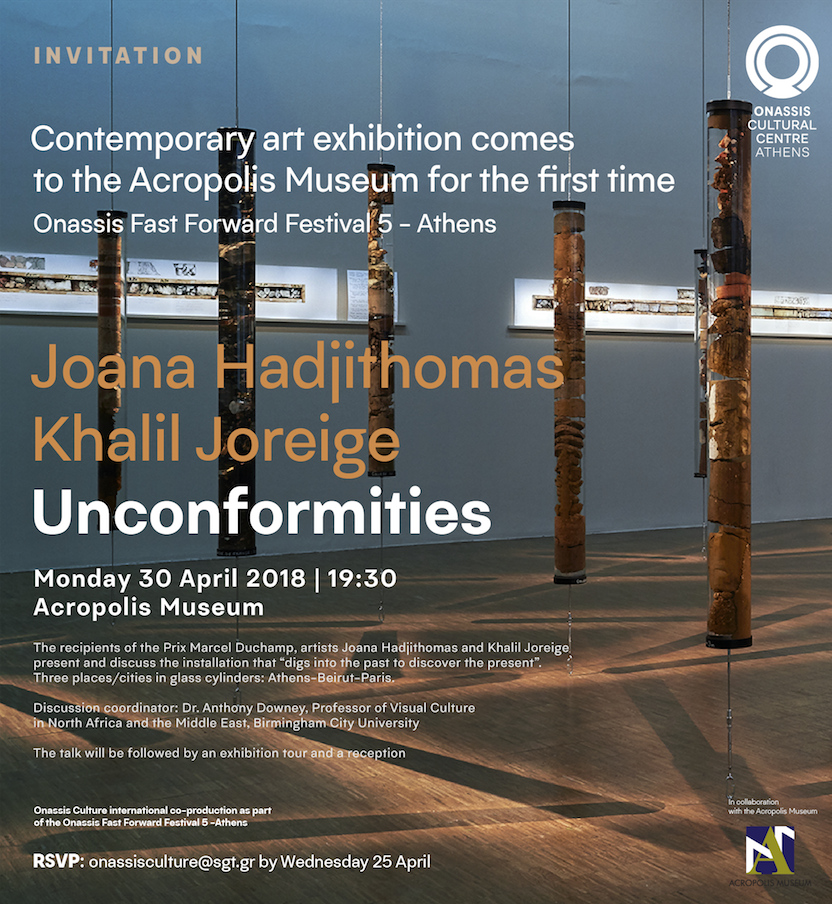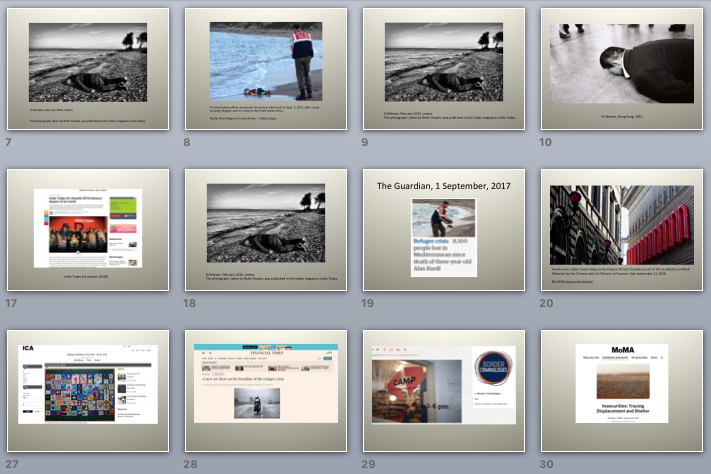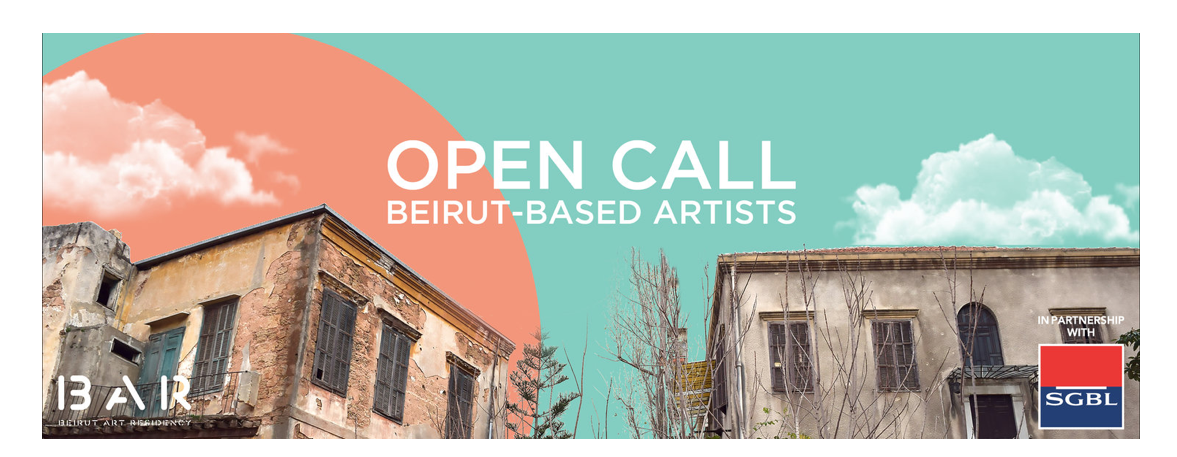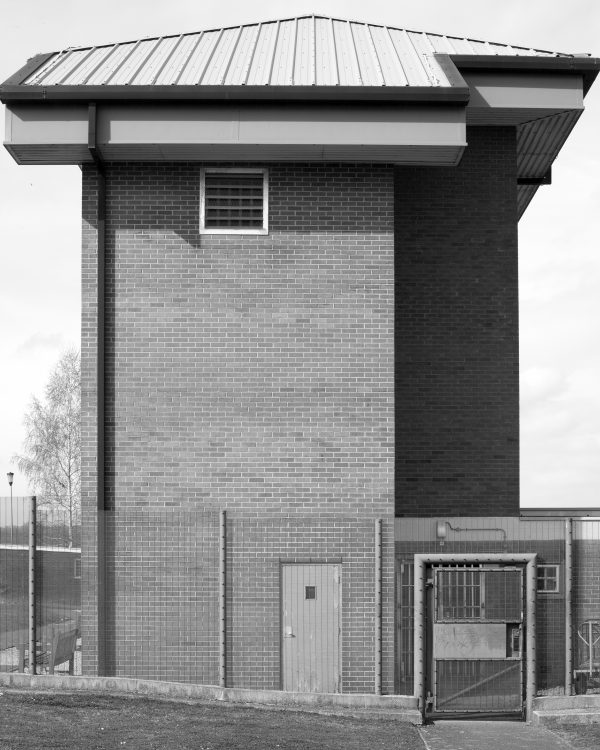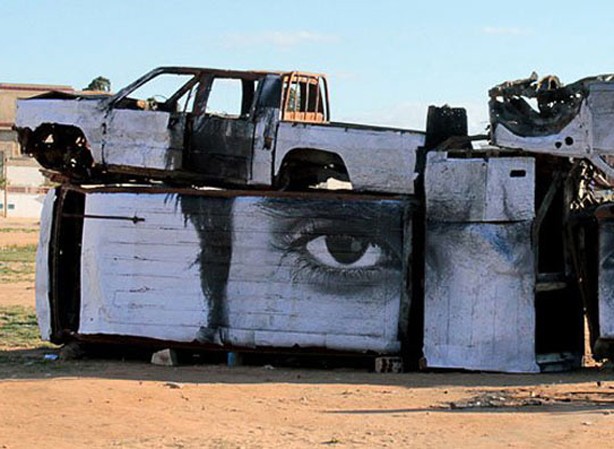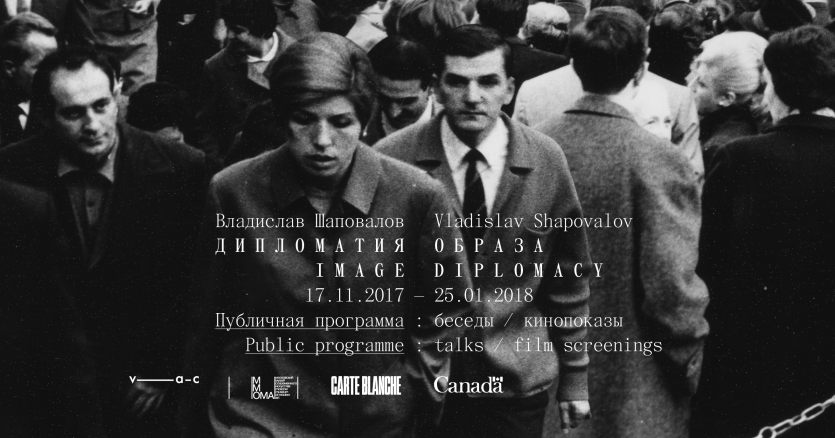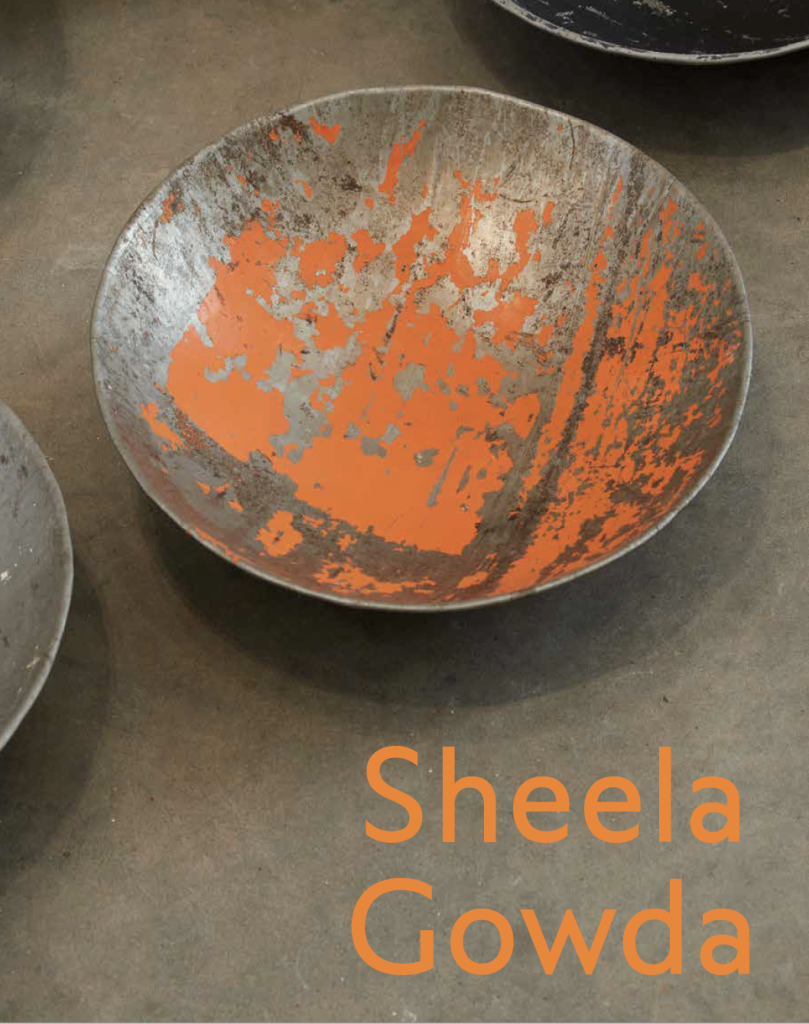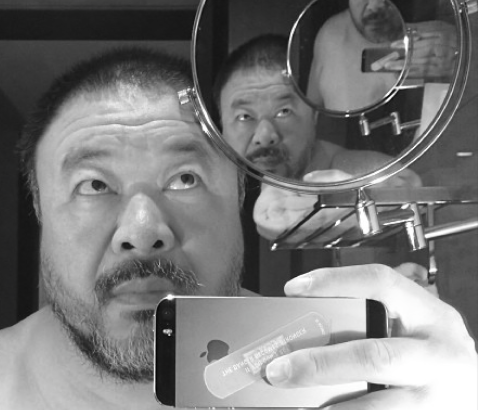Catalogue Essay: “Transposing the Vernacular: Moving Images in the Work of Akram Zaatari” , 2018
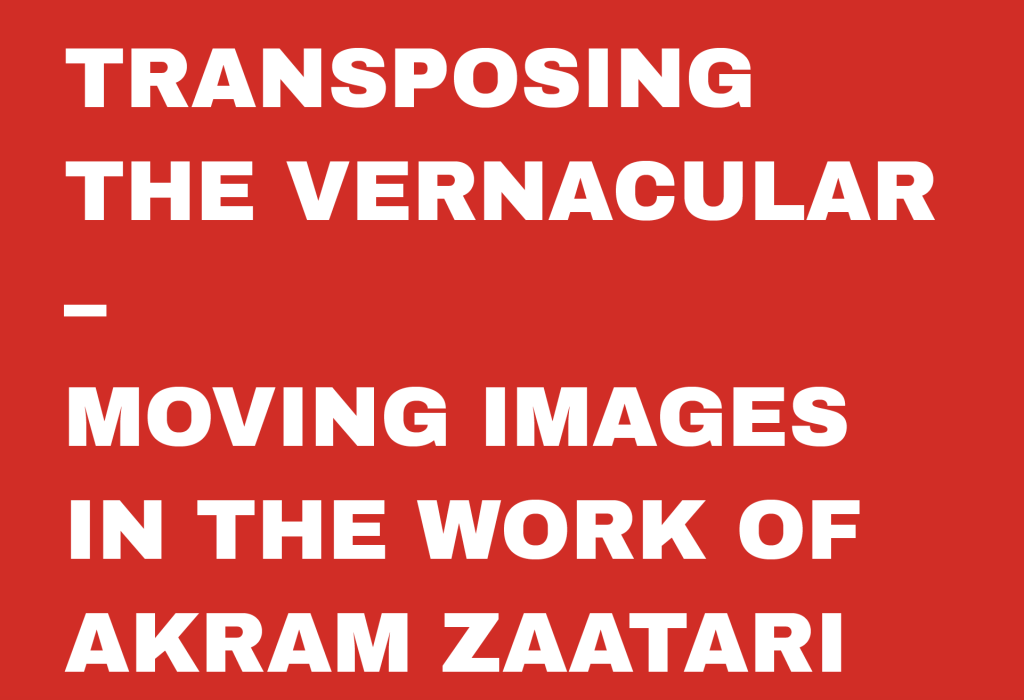
“The internet has effected an unprecedented historical instance of accelerated image production that has fundamentally realigned the way we view, understand, and disseminate moving images. This may appear to be a truism of sorts but it is currently estimated that over 400 hours of video is uploaded to YouTube every minute. Although it is the second most popular website in the world, this still needs to be put into perspective: if we extrapolate, this means that 24,000 hours of video is uploaded to YouTube every hour which is the equivalent of over half a million hours of footage being uploaded every day. Although it is the second most popular website in the world, this still needs to be put into perspective: if we extrapolate, this means that 24,000 hours of video is uploaded to YouTube every hour which is the equivalent of over half a million hours of footage being uploaded every day.”
To ready the full essay, please click here.
“Transposing the Vernacular: Moving Images in the Work of Akram Zaatari”, is catalogue essay published on the occasion of Akram Zaatari’s touring show, The Script, launched at the New Art Exchange (13 July — 9 September 2018). It toured to Turner Contemporary (19 October 2018 — 6 January 2019), and Modern Art Oxford (23 March — 2 May 2019).
